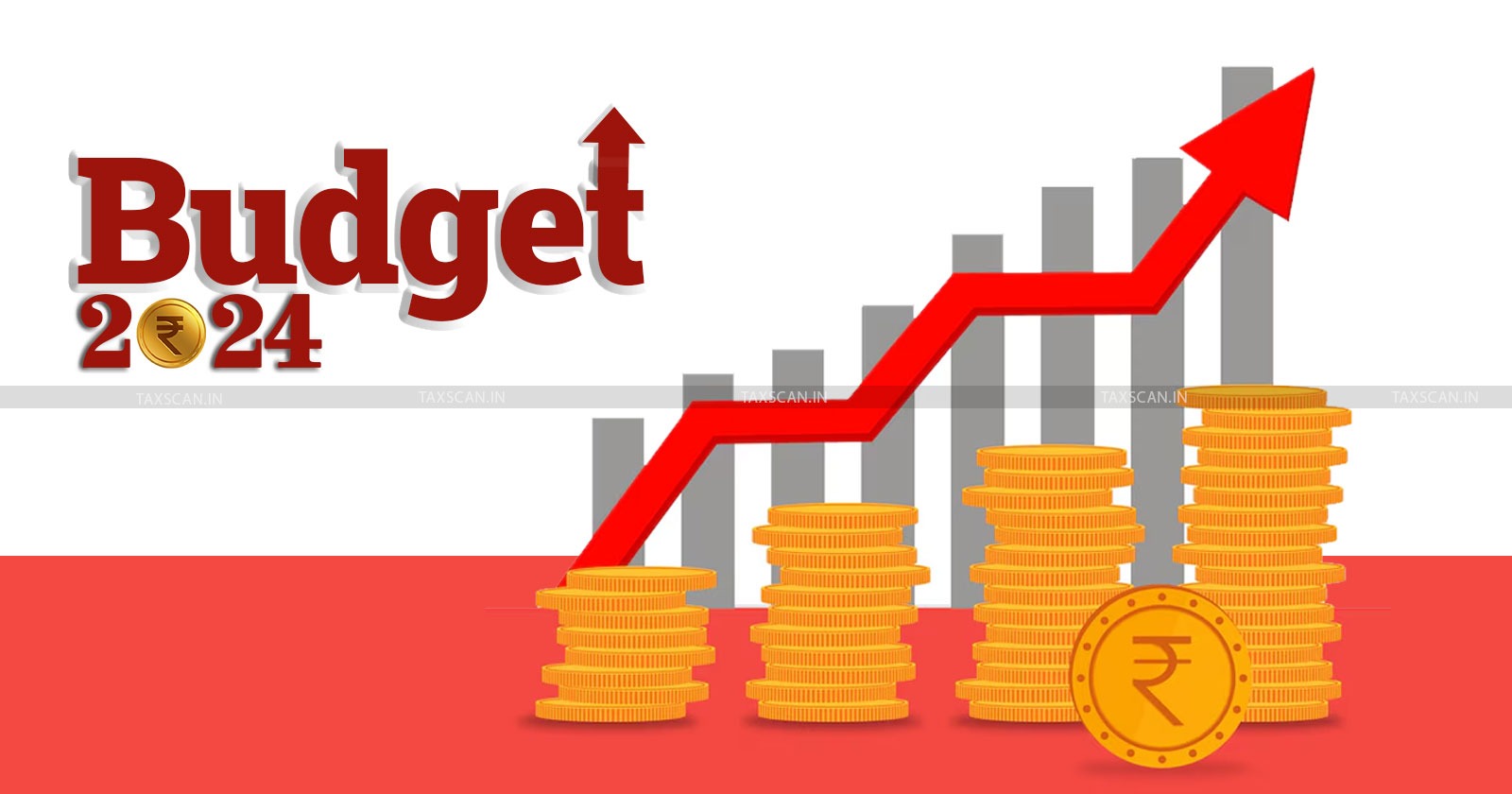Budget 2024-25: Capital Gains Rejig steals Investors from availing Indexation Benefit [Read Bill]
The capital gains rejig stops investors from availing the indexation benefit.

Budget 2024 – Budget 2024 live – updates live – updates of budget – 2024 budget – TAXSCAN
Budget 2024 – Budget 2024 live – updates live – updates of budget – 2024 budget – TAXSCAN
In the Budget 2024-25, the proposed capital gains rejig prevents investors from availing the indexation benefit for capital gains tax.
An increase in the rate of tax on both short-term and long-term gains from certain financial assets. In the past, substantial investments have been made by retail investors in financial markets. Changes in rates of tax will likely have a significant impact on the sentiments of retail investors with respect to consistency in tax policy and doubt that even higher taxes may be imposed in future.
The indexation benefit for property sales would be removed. This implies that individuals selling their property will no longer be able to adjust their purchase price using inflation, thereby reducing their capital gains. This results in an increased tax liability for individuals planning to sell their property soon.
According to the Budget documents, the new tax rate for long-term capital gains on property sales will be 12.5% without indexation benefit. The news about removing the indexation benefit for property sales was disappointing, despite the Finance Minister's announcement of a lower LTCG tax rate.
Short term gains tax on specified financial assets raised to 20% from 15%, while that on all other financial assets and non-financial assets shall continue to attract the applicable tax rate.
Listed financial assets held for more than a year will be classified as long term, while unlisted financial assets and all non-financial assets will have to be held for at least two years to be classified as long-term.
Unlisted bonds and debentures, debt mutual funds and market linked debentures, irrespective of holding period, will attract tax on capital gains at applicable rates.
To Read the full text of the Finance Bill CLICK HERE
Support our journalism by subscribing to Taxscan premium. Follow us on Telegram for quick updates


